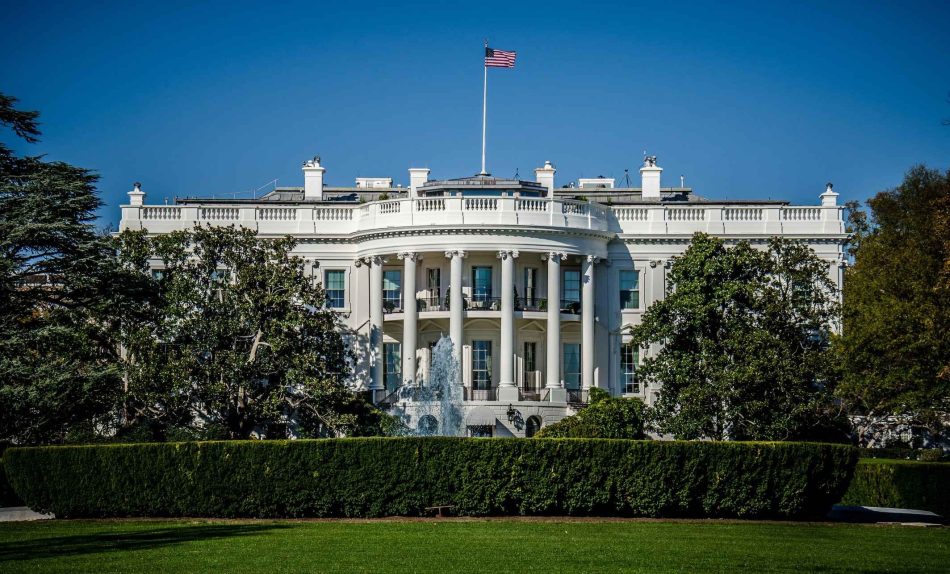The Supreme Court has dismissed a lawsuit alleging the Biden administration unlawfully pressured social media platforms to remove posts about COVID-19 and the 2020 election.
The lawsuit was brought by five social media users and the attorneys general from Louisiana and Missouri.
It claimed the administration’s actions violated the constitutional right to free speech.
In a 6-3 ruling on Wednesday, June 26, the Court determined that the plaintiffs had no legal standing to sue.
The three most conservative justices opposed the decision, with Justice Samuel Alito issuing a 34-page dissent.
He argued this might be “one of the most important free speech cases to reach this court in years.”
The ruling, which focused on the technical issue of legal standing rather than the core of the case, is seen as a victory for President Joe Biden.
It overturned an injunction restricting communication between government officials and social media companies.
This change allows the FBI and other agencies to flag posts and accounts on social media platforms it believes threaten national security.
The plaintiffs’ lawsuit argued federal officials had coerced social media companies into suppressing speech they disagreed with.
This was particularly regarding the coronavirus pandemic.
They cited instances where posts were down-ranked.
They also said accounts were suspended after interactions with the White House.
The suit claimed the administration’s actions violated the constitutional right to free speech
The Biden administration said it encouraged social media platforms to limit the spread of misinformation.
The administration also noted that many flagged posts violated the platforms’ own policies.
Justice Amy Coney Barrett, said: “The plaintiffs fail, by and large, to link their past social-media restrictions and the defendants’ communications with the platforms.”
Need Career Advice? Get employment skills advice at all levels of your career
She was joined by the three liberal justices, Chief Justice John Roberts, and Justice Brett Kavanaugh.
Justice Alito detailed instances of government communication with social media companies, describing the “jawboning” as “blatantly unconstitutional.”
He warned the ruling permits a campaign of coercion to stand.
The judge added it sets a dangerous precedent for future officials to control public discourse.
Before the decision of the Supreme Court decision, a federal district judge in Louisiana had ruled in favor of the plaintiffs, stating White House officials had violated free speech rights.
A federal appeals court upheld this ruling but limited its scope to fewer federal officials.




